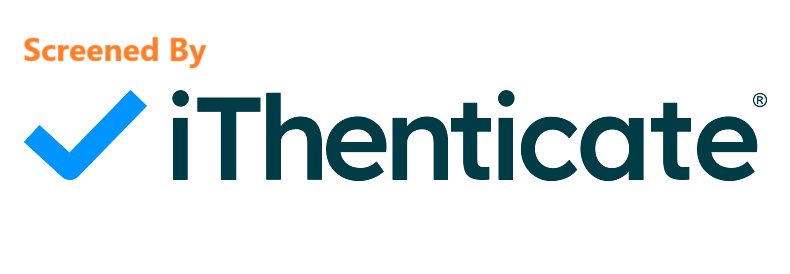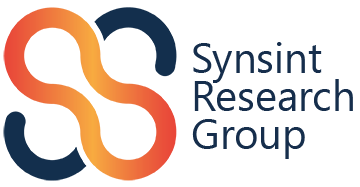Mechanochemical Synthesis of Sulfur Nanoparticles from Industrial Waste for Enhanced Hg(II) Adsorption
Abstract
In this study, sulfur extracted from gas industry waste was used to adsorb mercury ions from aqueous solutions. To reduce particle size and increase the active surface area, a mechanical synthesis grinding process in a wet environment (water and alcohol) was employed, which showed better performance compared to the dry method. BET experiments and BJH pore size distribution analysis revealed that the processed sulfur exhibited uniform micro- and mesopores in the range of 1–10 nm, which were significantly more suitable for heavy metal adsorption compared to the large and irregular pores in the original sample. Additionally, XRD, FTIR, and SEM analyses confirmed the preservation of the crystalline structure, the formation of S–S bonds, and the production of nanoparticles with varying sizes. The results indicate that wet grinding with alcohol and water is an effective method for enhancing the surface area and improving the adsorption efficiency of mercury ions on sulfur
Downloads
Copyright (c) 2025 L. Karamzadeh

This work is licensed under a Creative Commons Attribution 4.0 International License.
Copyright
Authors are the copyright holders of their published papers in Synthesis and Sintering, which are simultaneously licensed under a Creative Commons Attribution 4.0 International License. The full details of the license are available at https://creativecommons.org/licenses/by/4.0/.
All papers published open access will be immediately and permanently free for everyone to read, download, copy, distribute, print, search, link to the full-text of papers, crawl them for indexing, pass them as data to software, or use them for any other lawful purpose without any registration obstacles or subscription fees.








